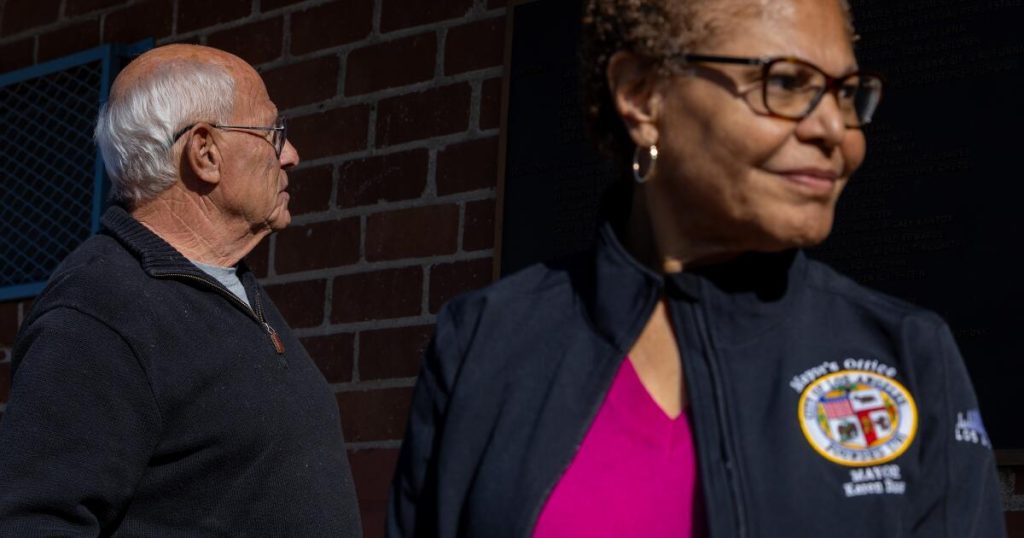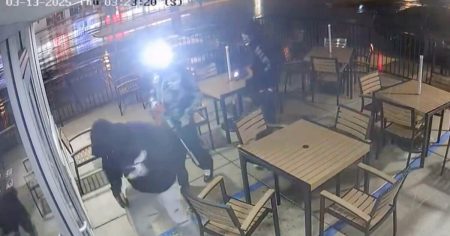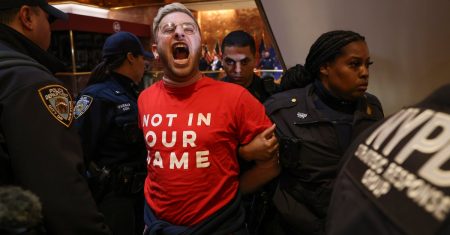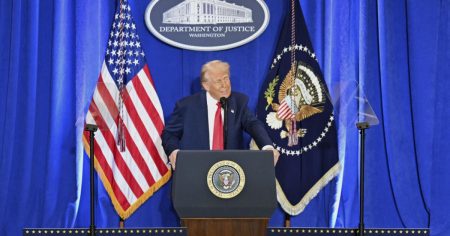Introduction: A Swift Reversal in Leadership Decision
On Saturday evening, Los Angeles Mayor Karen Bass faced intense public scrutiny over her decision to appoint Steve Soboroff as the city’s wildfire recovery officer with a salary of $500,000 for just 90 days of work, funded by charitable organizations. After a wave of criticism, Mayor Bass swiftly reversed the decision, announcing that Soboroff would instead work without pay. This sudden change came in response to widespread outrage, highlighting the sensitive nature of the situation and the need for leaders to align public actions with community expectations.
Background: Soboroff’s Appointment and Expertise
Steve Soboroff, a seasoned real estate developer and civic leader, was chosen by Mayor Bass to lead the recovery efforts following devastating wildfires. His selection was intended to bolster the mayor’s image after initial criticism of her emergency response. Soboroff’s deep roots in the community and extensive experience in Civic projects positioned him as an ideal candidate to bridge gaps between the city and affected residents. His role was expected to focus on rebuilding the historic business district in Pacific Palisades, leveraging his expertise to restore infrastructure and facilitate recovery.
Public Backlash and Criticism
Despite Soboroff’s qualifications, the announcement of his salary sparked outrage. Pacific Palisades residents and officials, including City Councilmember Monica Rodriguez, criticized the compensation as excessive and inappropriate. The use of charitable funds for such a high salary drew particular ire, with many questioning the allocation of donations intended for relief efforts. The backlash underscored a growing distrust in leadership and the perception of disconnect between decision-makers and the affected community.
Response andResolution: A Shift in Strategy
Facing mounting pressure, Mayor Bass and Soboroff revisited the compensation arrangement. Soboroff agreed to forgo his salary, a decision welcomed by the mayor, who expressed gratitude for his willingness to contribute without pay. This shift was seen as an effort to restore public trust and focus attention on the recovery work rather than controversy. The decision also highlighted Soboroff’s commitment to the community, emphasizing service over financial gain.
Implications: Trust and Leadership in Crisis
The controversy over Soboroff’s salary revealed deeper issues in leadership and transparency. It marked the second reversal by Mayor Bass in a short period, following the earlier decision to reopen Pacific Palisades, which was met with similar community concern. These events have raised questions about the administration’s ability to navigate crises effectively, emphasizing the need for clear communication and empathetic decision-making in times of distress.
Conclusion: Reflections on Civic Responsibility
The wildfire recovery episode serves as a reminder of the delicate balance between leadership and community trust. While Soboroff’s decision to work pro bono was lauded, the initial furor over his compensation echoed broader frustrations with leadership accountability. Moving forward, the incident underscores the importance of transparency and sensitivity in addressing public concerns, ensuring that recovery efforts are not only effective but also just and equitable.









